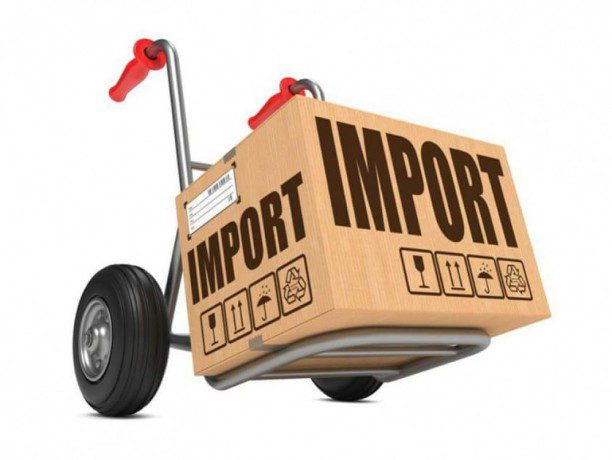The importation business is a lucrative business in Nigeria, no wonder merchants make millions of naira from it every month. Here, we will talk about the requirements and importance of form M and form Q.
UPDATE: If you’re just kickstarting an importation business, you must learn how to cross the hurdle of sourcing forex after CBN’s decision to stop the sales of dollars to BDC operators. Now the apex bank will be launching what it called Go-Live Price Verification System to cater for your needs if you want to import.
To make application easier and faster, the apex bank announced application can be done on Nigeria Single Window portal Trade Monitoring System (TRMS), you can find the application process at: https://infomediang.com/trade-monitoring-system-for-forex/
So, if you’re planning to dive into the sale of foreign goods and products in Nigeria, you have to do a background check on the requirements that would make your ride a smooth one
Two of the important forms you need as an importer in Nigeria are:
- Form M
- Form Q
Importance of Form M To Importation Business
It is a mandatory documentation process designed by the Central Bank of Nigeria (CBN), to adequately monitor foreign products coming into the country.
Form M serves as a regulator measure for the apex bank to properly monitor the allocation of forex and enable it to calculate appropriately the import duties where applicable on the imported goods.
“Any person intending to import physical goods into Nigeria shall in the first instance process the E-Form M through any Authorized Dealer Bank irrespective of the value and whether or not payment is involved,” CBN guidelines say.
Form Q allows importers of goods into Nigeria to buy forex in the official market window. The form is available at commercial banks.
It is designed for small-scale importers in the Small scale business enterprise which enables importers to access the sum of $20,000.00 per quarter in a year for the import of physical goods.
Validity: The form is for 180 days, but it can be extended for another 180 days.
Process of obtaining e-Form M
There are processes involved to get get the form M as you begin your importation business journey, the requirements are:
1) Formal request letter through your bank to the CBN. Most times, your account manager will guide you on how to write the letter
2) Proforma Invoice, which must be signed by the exporter
3) Pre-requisite license from National Food, Drug and Administration Agency (NAFDAC) if you are importing consumable products, Standard Organisation of Nigeria (SON) license if you’re importing electrical materials etc. The product determines your license
4) Your bank log request on Single Window Portal
5) Prospective products to be imported must not be on the CBN prohibition list. For instance, in a statement by Godwin Emefiele-led CBN grants an exclusive license to Dangote, BUA, and Golden Sugar Company to import sugar into Nigeria.
What this means is no other companies can’t apply or import sugar into the country except BUA Sugar Refinery Ltd, Dangote Sugar Refinery Plc, and Golden Sugar Company
6) You also need Insurance Certificate to cover 110% of the Free On Board (FOB) value.
7) Customer or Dealer bank to log a request on Single Window Portal.
8) Submit to your bank to process and initiate clearance of the Pre-Arrival Assessment Report (PAAR).
Process of obtaining form Q:
1) Provide the bank account number of the supplier in the PFI for direct transfer of the FX request
2) Formal application letter addressed to CBN through your bank. It must contain your Bank Verification Number (BVN), details of what to be imported, your active email address, and the annual turnover of your business.
3) Passport data page of Applicant
4) Letter of request for forex allocation
5) Proforma Invoice that contains details of the supplier and bank account number.
6) CBN Foreign Exchange Application Form
Requirements for Form Q:
- Name of applicant
- Applicant’s BVN
- Telephone no
- Applicant’s address
- Email address
- Annual turnover
- Number of employees
- Applicant’s bank name
- Bank account number
- Items of import
- Name of beneficiary
- Beneficiary bank name
- Beneficiary bank address
- IBAN
- Swift code
- Amount in words
- Purpose of remittance
See a sample of Form Q
https://drive.google.com/file/d/1Q3F0ixkUw2yOUOO8g6amTlL95uXGW4x0/view?usp=sharing
Final thought:
It’s counter-productive to use the backdoor to import goods into Nigeria, you may lose millions of naira if you’re caught.
You need to establish a good relationship with your account manager. You will need him when sourcing forex.


